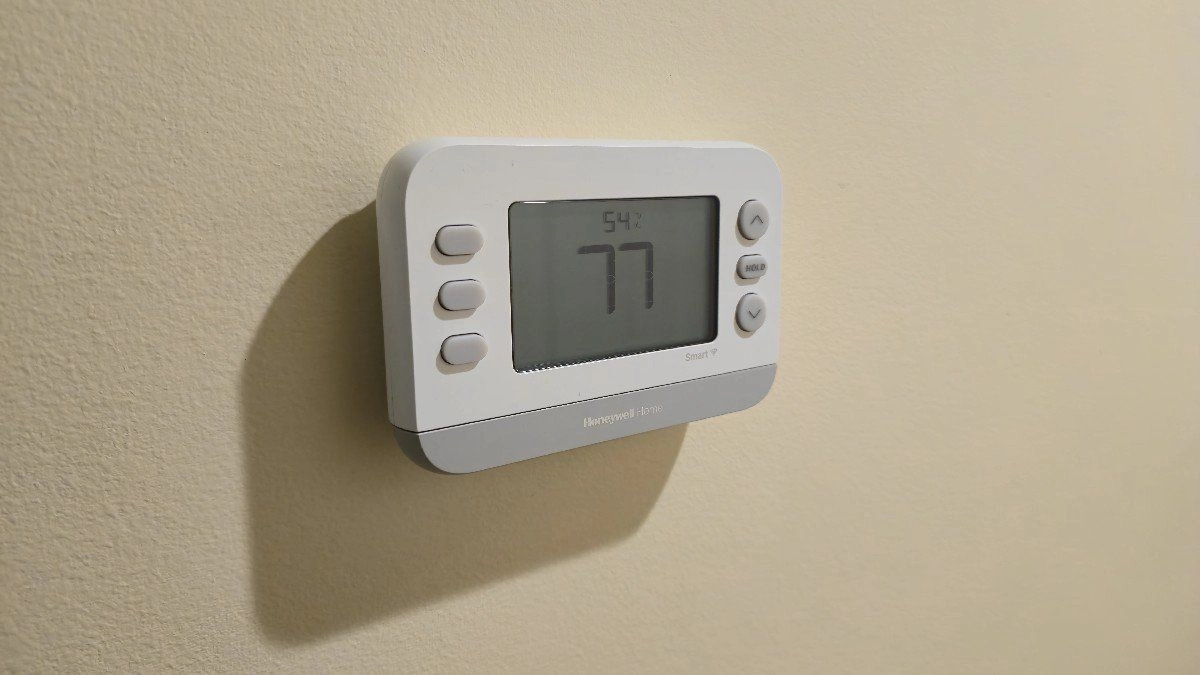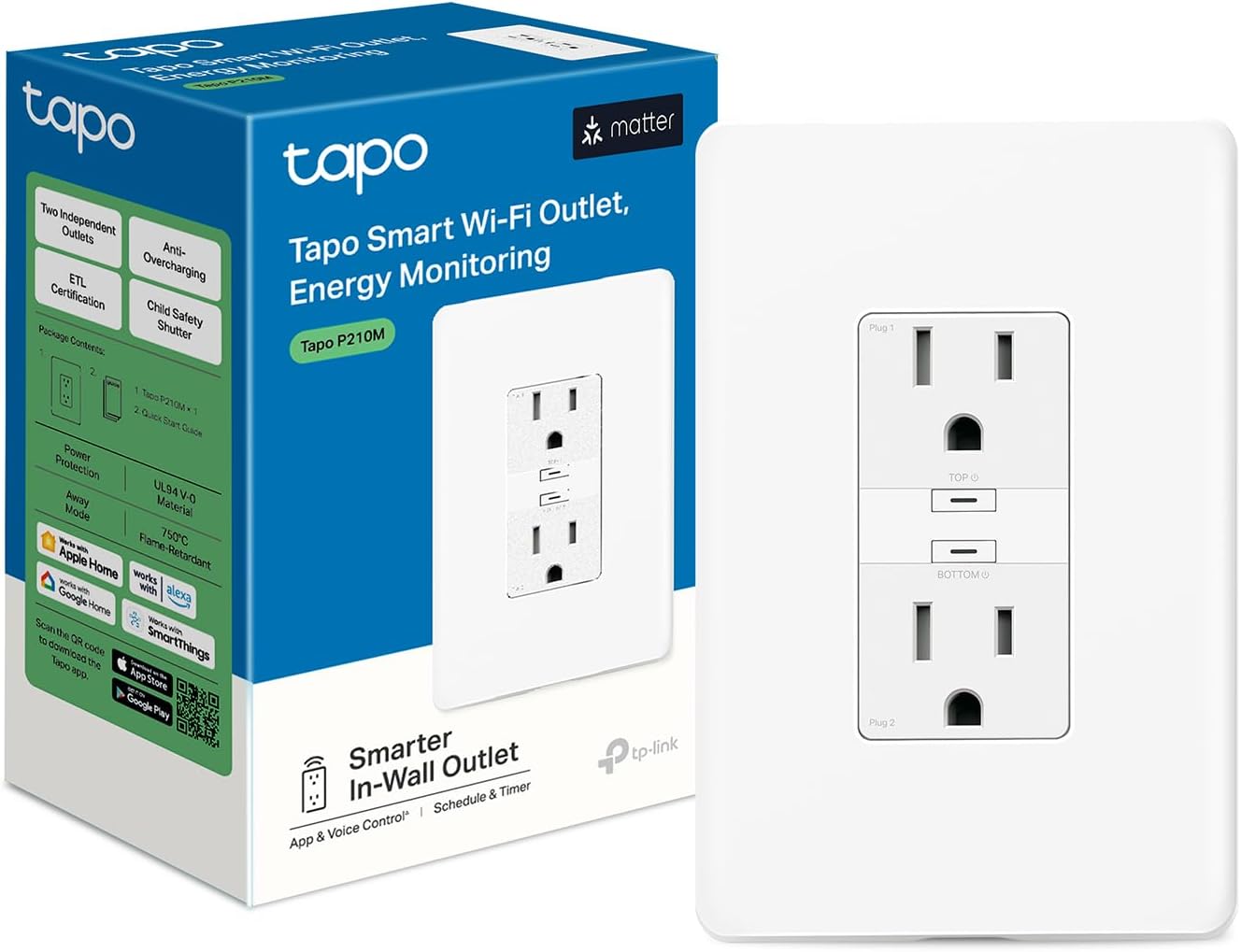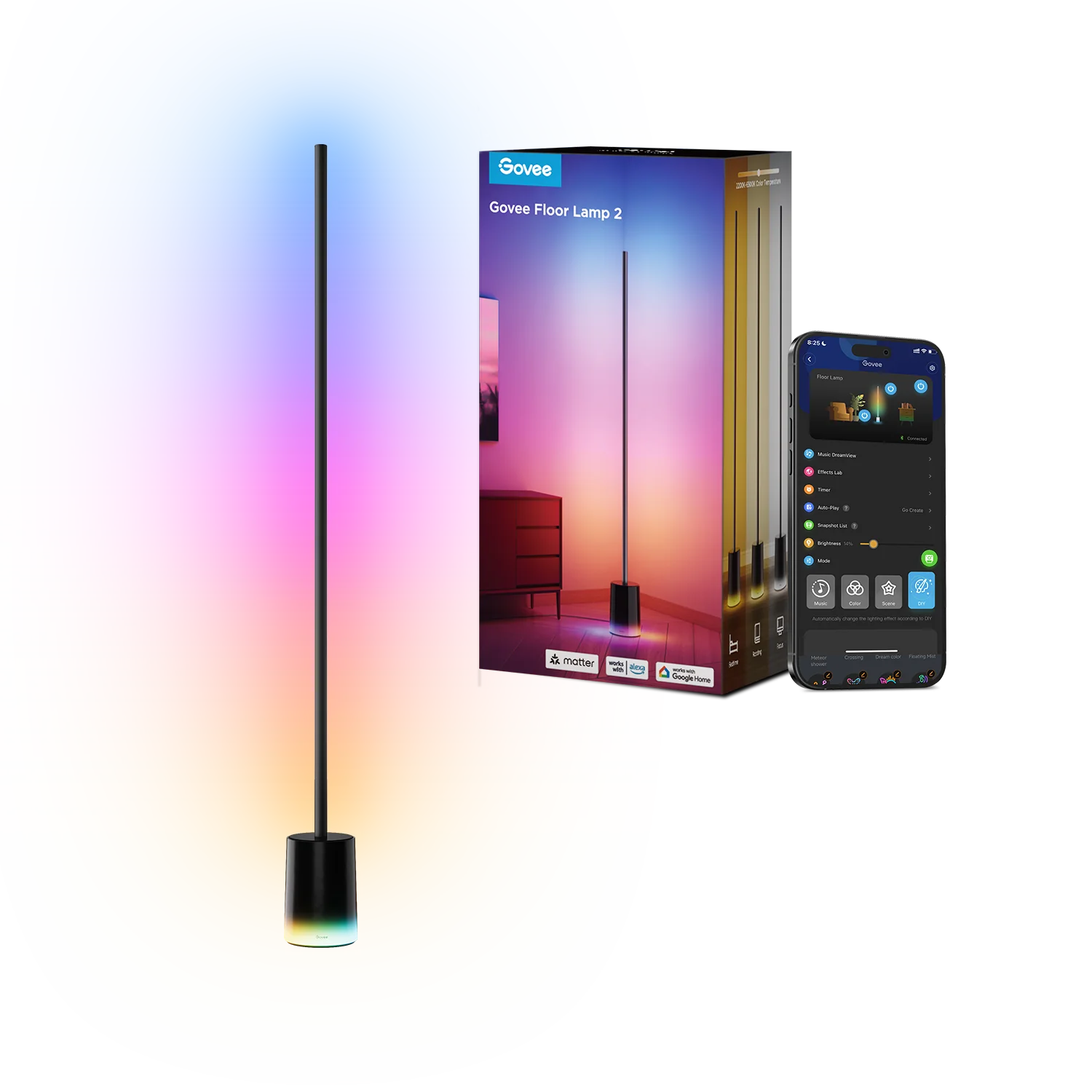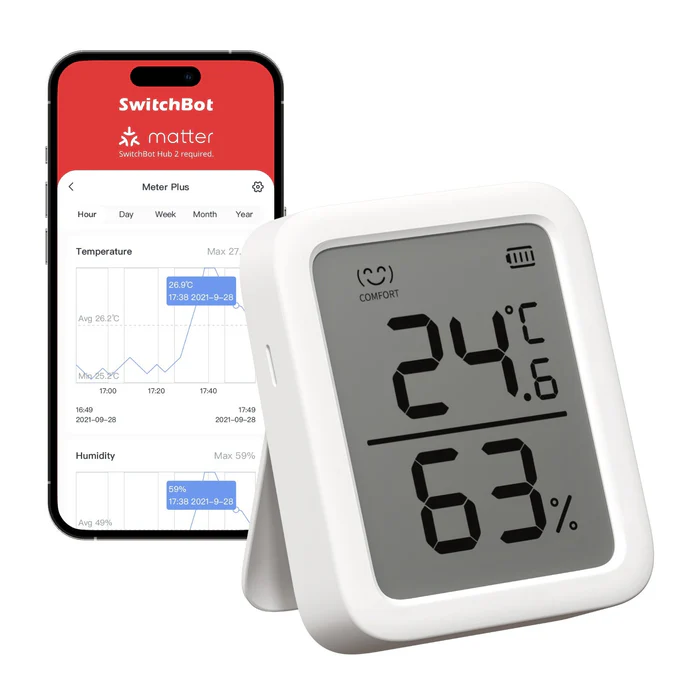Smart devices can do quite a bit using the Matter protocol—so much so that some businesses are concerned that adding Matter-compatibility may threaten their business model.
While new versions of Matter continue to bake in more functionality, I don’t see a future where smart gadgets no longer come with their own specialized apps for companies to market. But I can imagine a future where Matter-compatible devices instead become the new baseline—the bare minimum—of what we expect from our connected devices.
Matter provides a basic set of essential features
When you add a Matter device, there are a certain set of lowest common denominator features that you can expect. Lights can be remotely turned on and off from any compatible smart home hub. Dimmable lights can be dimmed. RGB lights can have their colors changed. If you want lights to respond to your automations, such as coming on at a set time or being triggered by a motion sensor, they can do that as well.
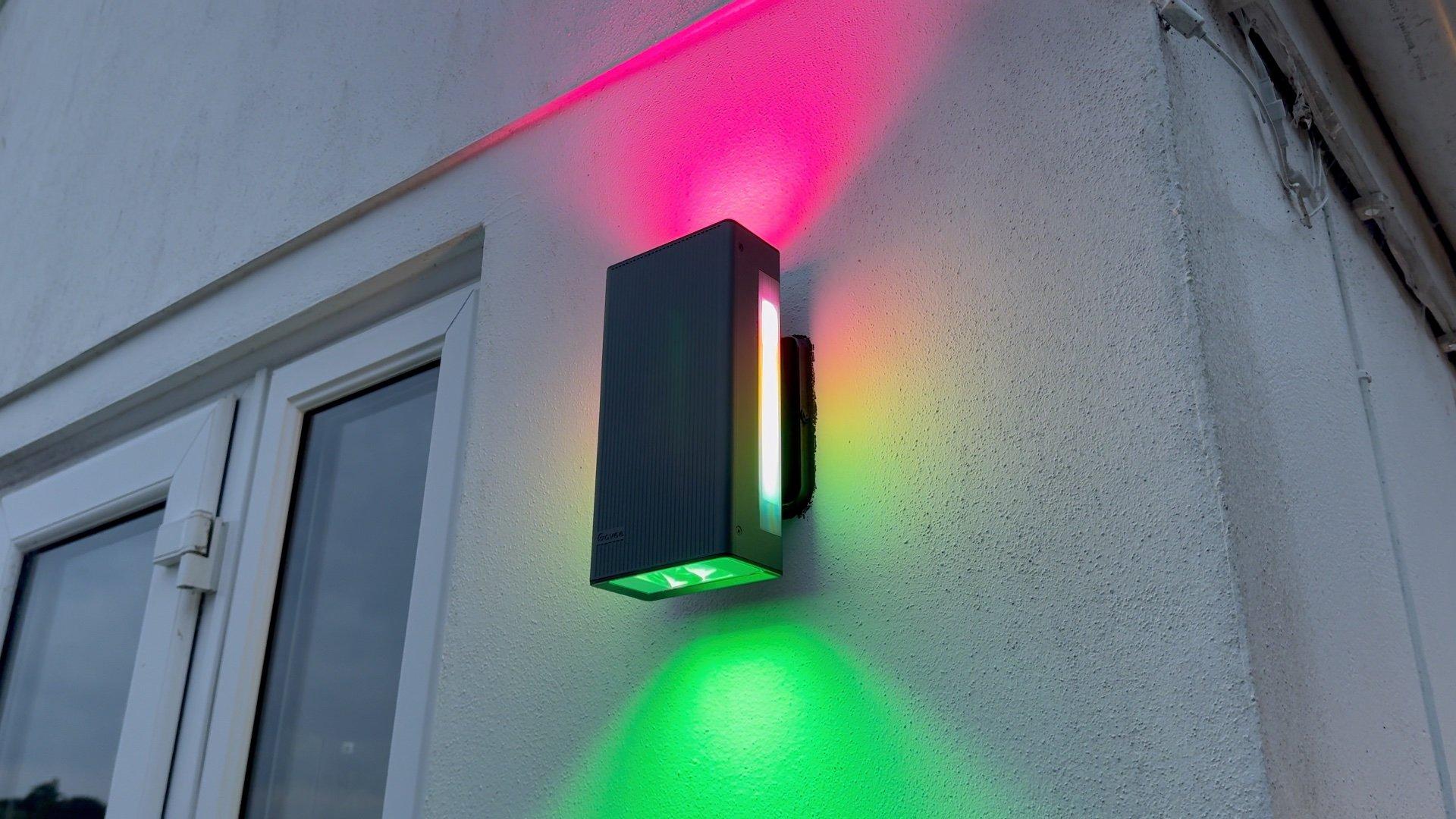
Whether we’re talking about setting the temperature of a smart thermostat or disabling power to a receptacle on a smart outlet, there are certain obvious features we expect. But these features are just the beginning.
Companies currently make their own apps for features not included in Matter
Say you’ve picked up Tapo P210M smart outlet. This can show how much energy a device uses power hour, per day, and each month. Energy monitoring is soon coming via Matter, but it’s still not likely to be as in-depth as the information available via Tapo’s app.
A similar story can be told about the SwitchBot Meter Plus I have in my bedroom. I can get some temperature and humidity data via the SmartThings app, but SwitchBot’s own app shows so much more. Plus it offers to back up this data to SwitchBot’s servers.
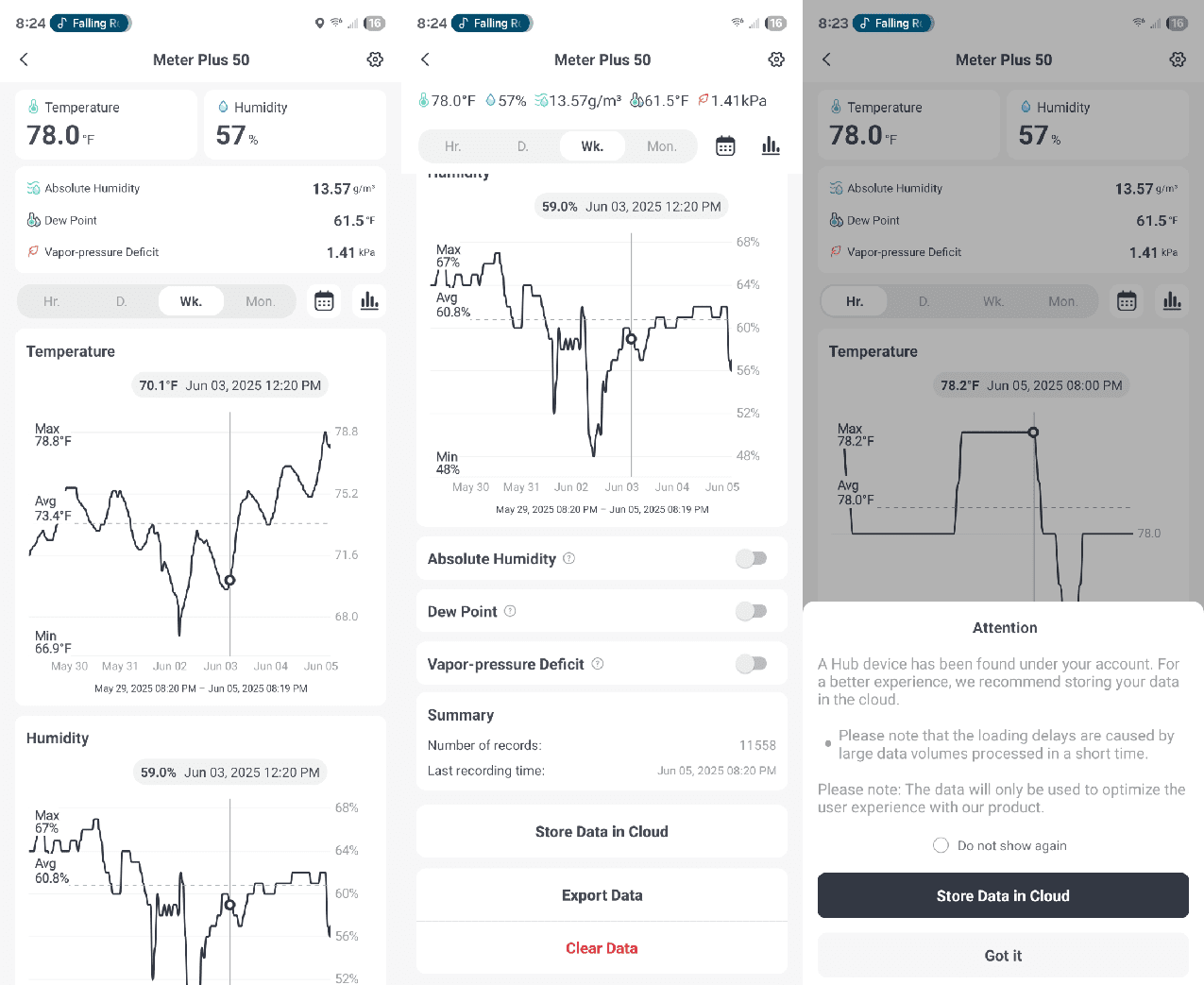
My two Govee Floor Lamp 2 lamps have features that aren’t available via Matter at all, such as syncing with music or the action in a PC game. For those features, you need the Govee app.
In a world with more Matter devices, these bespoke apps will still exist
I don’t see these apps going away any time soon. Even in a hypothetical world where companies were required to adopt Matter, they would still likely be able to experiment with features that the Matter standard doesn’t support.
Look at Bluetooth audio. You can buy most earbuds or headphones now and pair them to your phone without installing a custom app. Yet even though they all use the same Bluetooth protocol, most still also offer their own app. These apps let you adjust controls, customize the equalizer, toggle active noise cancellation, and more.
The app for my SteelSeries Arctis Nova headphones provides over 200 equalizer presets tuned for as many games. That's the kind of added value that couldn't possibly be baked directly into Matter.
Businesses can still make money selling features Matter doesn't offer
Like with Bluetooth audio, there are plenty of ways for companies to experiment, and features for them to add, in addition to what Matter is able to do. I hope Matter-compatibility simply become a baseline that even cheap light switches are able to meet, while people who want more specialized features can continue to invest in whichever proprietary light system they wish.
Security cameras can stream footage to your chosen Matter controller and save it locally, or charge money for online storage and access. Door locks can be unlocked via Matter, but still provide their own unique features like temporary passcodes or configuring your phone to work as a key.
No one charges a subscription for you to physically flip a light switch on and off, and it shouldn’t require one to ask Home Assistant or Apple HomeKit to do the same—but there is no reason every possible feature can, or even necessarily should, be added to the list of things Matter can do.
